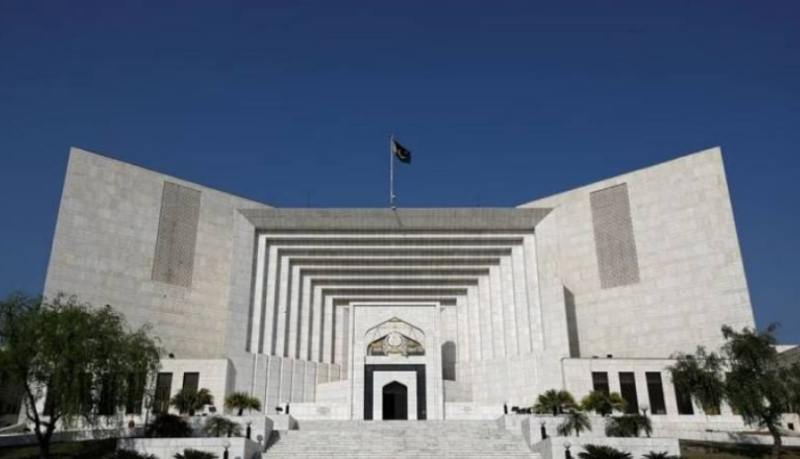Islamabad (Web Desk): The Supreme Court’s (SC) Constitutional Bench judges on Thursday questioned the government’s approach as why the civilians involved in the May 9 riots were “specifically” tried under the military courts, while others involved in the same events were being prosecuted in anti-terrorism courts (ATCs).
During a recent hearing of intra-court appeals, Justice Naeem Akhtar Afghan pointed out the inconsistency, as 103 people accused in the May 9 riots faced military trials, while others were processed by the anti-terrorism courts.
The judges expressed concerns about the grounds for such decisions and questioned how the legal system determines which cases should be handled by military versus civilian courts.Justice Jamal Khan Mandokhail questioned the criteria used to decide where a case should be tried, particularly in cases where the same incident is being dealt with by different courts.
He also asked whether the military courts presented any distinct evidence in these trials compared to the ATCs.
This was echoed by other members of the bench, including Justice Naeem Akhtar Afghan, who further probed how the division of cases was made, and why some were sent to military courts while others to anti-terrorism courts.
Justice Mandokhail also questioned why the anti-terrorism courts were not given more authority to manage these cases, while Justice Hasan Azhar Rizvi raised concerns about whether the events of May 9 were being treated as a more serious crime than terrorism.
As the judges discussed these issues, the hearing was adjourned, and the court will reconvene on Friday to continue its review of the matter.
The May 9 riots, which followed the arrest of PTI leader Imran Khan, led to violent protests and attacks on state institutions, including the General Headquarters.
Military courts had already delivered verdicts for some of the accused, but following a ruling from the Supreme Court in October 2023, it was declared that such civilian trials in military courts were unconstitutional.
The court ordered that the cases of 103 suspects be moved to civilian courts. However, in December, the Supreme Court’s verdict was temporarily suspended, leading to confusion and controversy over the handling of these cases.
On December 13, the SC, in a decision by its constitutional bench, gave conditional permission for military courts to announce the reserved verdicts of 85 civilians who were still in custody for their alleged involvement in the May 9, 2023 riots.
Less than a week later, on December 21, military courts handed down sentences to 25 individuals, ranging from two to ten years in prison, for their role in attacking military installations during the May 9 mayhem. Following this, another 60 individuals were convicted a week later and sentenced to similar terms for their involvement in the nationwide disturbances that occurred during the riots.
On January 2, mercy petitions filed on behalf of 19 of the convicted individuals had been accepted on humanitarian grounds.


